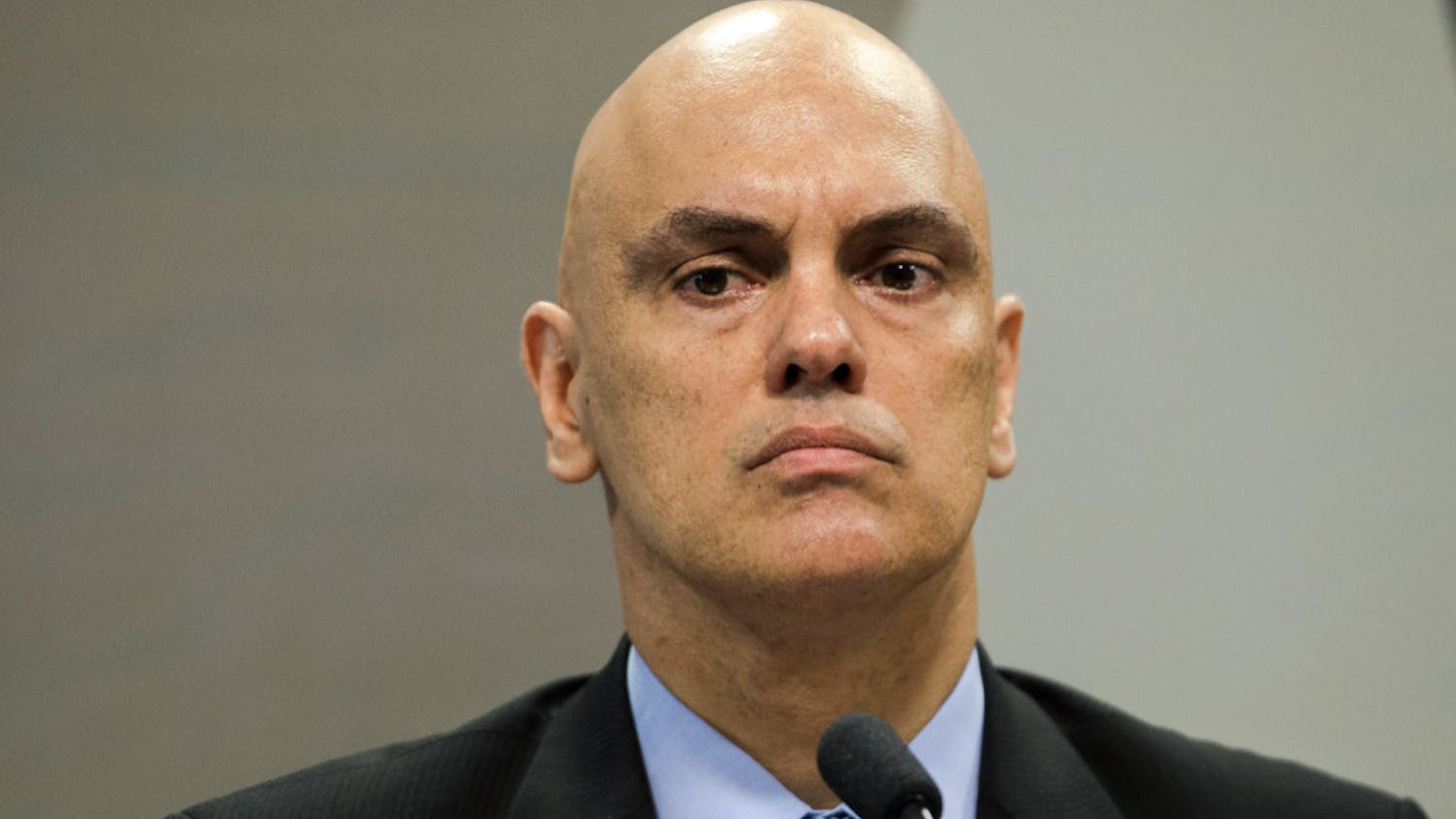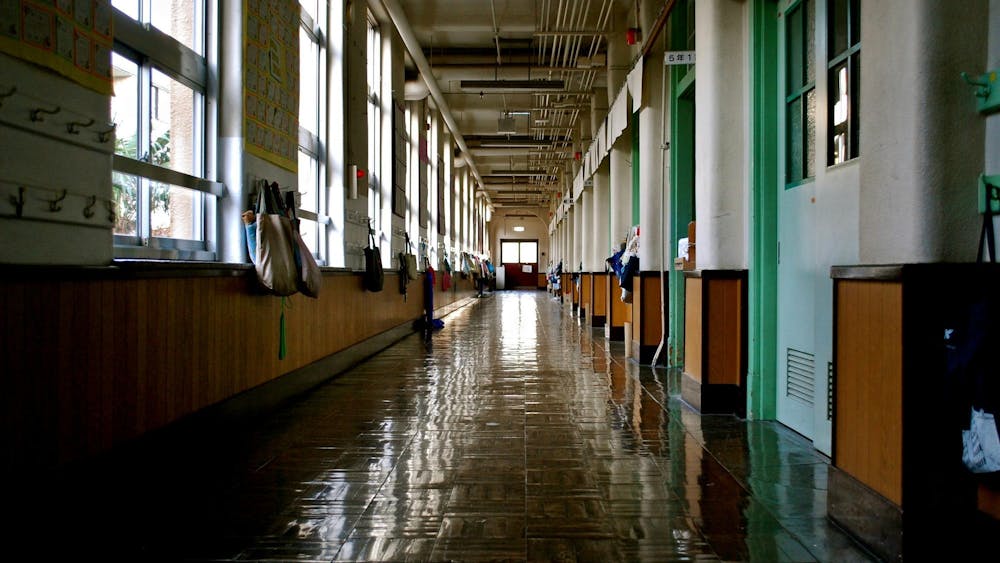The economic and social framework of the modern state — valorized as the very condition of human freedom — renders inescapable certain forms of manipulation: The free laborer, no longer a serf, can now give of himself without his lord having any obligation to ensure his welfare; the criminal, no longer tortured, is now imprisoned until he demonstrates his eagerness to serve the society that has chained him. One tends to think of these economic and social reforms as gestures of humanity, not manipulation — and yet it is not coincidental that the free laborer is one who can work in whichever task the capitalist most needs him, that the reformed prisoner is one who can return to the capitalist the resources that were spent on his rehabilitation. Wage slavery is far more profitable than chattel slavery, rehabilitation far more profitable than retribution.
These are not, in themselves, new points: Marx and Foucault spoke of them long ago. There is the perennial danger, however, that they will be either overstated or understated. It would be overstatement to suppose that these reforms were entirely negative changes — for freedom is better than serfdom, rehabilitation better than retribution. Civilization ought not go back, even if this was somehow possible. And it would be a gross overstatement to suppose that these reforms were motivated entirely by the avarice of the wealthy and powerful — and not, as they claimed during their Enlightenment, by their humanism, their compassion: The greatest figures of the Enlightenment — individuals like Locke and Kant — were not only brilliant but also impossibly noble. Our criticism of them is worthless if it is not born of awe.

It would be an understatement, on the other hand, to suppose that the economic and social framework of the modern state has had a great impact upon our lives: Though few are eager to admit it, late modern capitalism has instrumentalized all things by giving them prices in the market — and we ourselves are no exception, as the statistical character of state economic, military and public health calculation makes clear. Though few are eager to admit it, schools, hospitals, factories, offices and militaries have followed the model of the prison, tightly regimenting the lives of all citizens — building what Foucault calls the "panoptic" civil society that, through constant vigilance, forces its members into compliance with the practices that, directly or indirectly, serve the survival of the state. And, indeed, it is not coincidental that in the centuries after the Enlightenment, Western societies came to dominate utterly their non-Western rivals — economically, scientifically and eventually militarily. This domination has eroded, it seems, only to the extent that those non-Western societies have adopted the Western model — that is, the economic and social framework of the modern state.
The contrast between the economic and social reforms — between absolute freedom in the economic sphere and absolute discipline in the moral sphere — is the paradox at the heart of modern state: The tremendous productivity of free-market capitalism presupposes an absolute respect for property and contracts that must be indoctrinated by the panoptic civil society, while the tremendous resources required for said indoctrination, which requires public schools, prisons and so on, can only be supplied, in the long run, by the tremendous productivity of free-market capitalism. Limitless desire is directed down the narrowest of channels that are theoretically infinite; in practice, however, it was only a matter of time before said desire burst its banks and the mill of economic progress ground to a halt. This, one among the several "cultural contradictions of capitalism," is not a new point either. Hösle spoke of it in the wake of our current stagnation.
This is not, of course, the only paradox at the heart of the modern state. But it is certainly the most obvious. Equally obvious is the dilemma that it presents: it is unclear how it is to be rectified, or even whether it can be rectified. Williams compares the modern state, based on free labor, to the ancient state, based on slavery — for both are ultimately forms of manipulation: "Most people were no doubt disposed to think that [slavery] was ‘natural' just in the sense that the best development of social life required it, but few thought that it was natural … with regard to the ways in which the role was allocated." Just as there were systematic evils in the ancient state — for no one deserves to be a slave, obviously — so are there systematic evils in its modern counterpart — for we must navigate, somehow, a merciless economic order even as the panoptic civil society chains us in a way almost beyond endurance. It is not coincidental that Foucault calls our society "carceral." But just as the ancients saw no way to eliminate their brand of systematic injustice — and indeed, before the industrial revolution, it seems that there was none — we moderns see no way to eliminate ours. The only apparent alternative, communism, proved worse than farcical, eviscerating its own body politic before hemorrhaging to death. Capitalism is our only live option.
What is different between the ancient state and the modern state, however, is that the modern feels compelled to find and to mitigate, insofar as it can, systematic injustice within itself. While necessity and luck, as Williams reminds us, will forever serve to render unequal those who are otherwise equal, "liberalism demands — more realistically speaking, it hopes — that those concepts, necessity and luck, should not take the place of considerations of justice. If an individual's place in society is to be determined by forces of economic and cultural necessity and by that individual's luck, and if, in particular, those elements are going to determine the extent to which he or she is to be (effectively, if not by overt coercion) in the power of others, then the hope is that all this should happen within the framework of institutions that guarantee the justice of these processes and of their outcome." In the darkness of the night, far from Enlightenment and its noble intentions, the prospects for this task look grim indeed. Whether this view is that of honesty or despair remains, as always, unclear.
Daniel John Sportiello is in his third year in the philosophy Ph.D. program. Listen to his radio show on Thursdays at 2 p.m. on WVFI. He can be reached at dsportie@nd.edu
The views expressed in this column are those of the author and not

necessarily those of The Observer.












